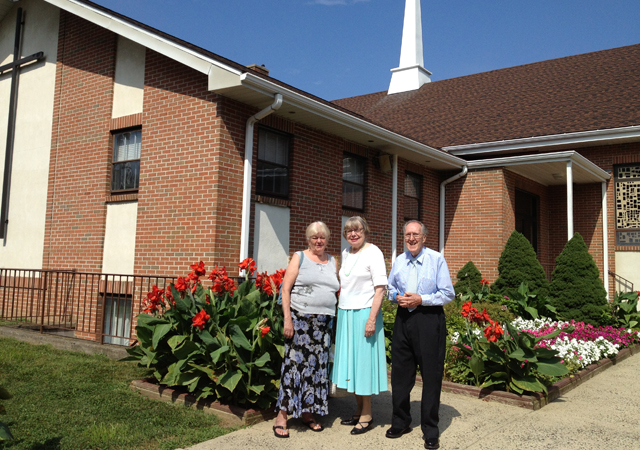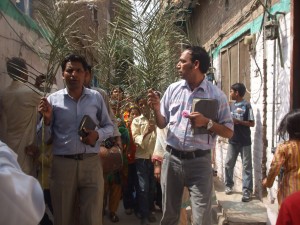 Preferring to Work with Strangers
Preferring to Work with Strangers
Today’s church is in trouble. Everybody in the church knows it. Some (fairly few) congregations are still large enough to get by without facing the new age but most churches are feeling just how tough the next two decades are likely to be.
The answer in our area of the church (the Southeastern Pennsylvania Synod of the Evangelical Lutheran Church in America) has been to check out on the people who have brought the church this far. They prefer to look for new faces to deal with—if they can find any. New faces will be easier to manage. They have no heritage at stake.
That was said to us at Redeemer in so many words by Bishop Claire Burkat.
White Redeemer must be allowed to die.
Black Redeemer . . . we can put them anywhere.
Beyond this, when it looked like the judge was going to rule in our favor, Synod scurried and wrote a proposal to the judge. The proposal was that they would reopen Redeemer under their control and our current members were welcome to attend but would not be allowed any leadership role.
The judge sidestepped all the issues and ruled that he has no jurisdiction in church affairs. The appellate court ruled in its dissenting opinion that if the law were applied, Redeemer’s arguments should have been heard.
SEPA has hidden behind this dubious win and interpreted it as having free reign. In fact, they have free reign as long as members do not exercise their constitutional roles in running their church. The courts don’t want to do this job for you.
The problem with this conflict is that from the start, SEPA refused to deal with members. If they were to have any presence in our community, they wanted it on their terms with different people, who we can presume would thrive as long as they voted the right way.
Seth Godin addresses this modern phenomenon in our society in today’s post.
When we want to deceive or lash out, it’s easy to do. Hey, there’s always someone else we can start over with, relationships and even reputations are disposable. We don’t have to look you in the eye, it’s dark in here, and we’re wearing a mask.’
He calls this approach “an experiment in fake.”
It turns strangers into actors on a screen, and sometimes we help them, but often, we become inured to their reality, and treat them with a callousness and indifference we’d never use in our village.
Recently, I was cleaning out the home of a deceased pastor. I found a folder on a prominent table. In that folder was The Lutheran article about the life and death of one of the founding leaders of the Lutheran Church in America, Dr. Franklin Clark Fry. With it was an article from Time magazine that called him “Mr. Lutheran.” There was also a bulletin from his funeral.
Then on June 6 of this year, someone from this pastor’s family called me to honor Dr. Fry’s “glory day.”
I was surprised that anyone would recall a death of a church leader in 1968 and that they would think to call me. I am only remotely connected to Dr. Fry. His grandchildren are my cousins. But I was struck by the power of his leadership and influence. I’d heard plenty of stories about him as I grew up—mostly about how he insisted that congregations and clergy follow the rules. He would meet personally with people when he could have mailed a letter or picked up the phone.
His leadership had lasting influence.
That influence is waning as Lutheran leaders exert less and less power with more and more force.
The people they lead are treated as expendable. If you don’t think so, try disagreeing.
When this happens in the church — an institution that is supposed to matter — things get phony fast.
Our leaders no longer know the people they are leading. They never deal with them. They use clergy as intermediaries. They don’t respond to mail or email. They speak to us through letters and email blasts and call it “mutual discernment.” They deny us voice and vote in Assembly and rely on no one enforcing the rules—or even knowing what the rules are.
They are afraid to look their own people in the eye.
As Seth says. When you look people in the eye, you own the results.
You want to resolve things in East Falls? Look us in the eye.




